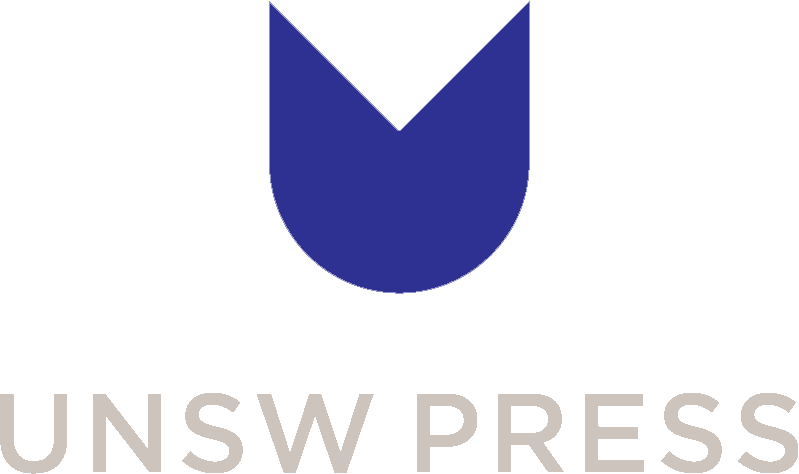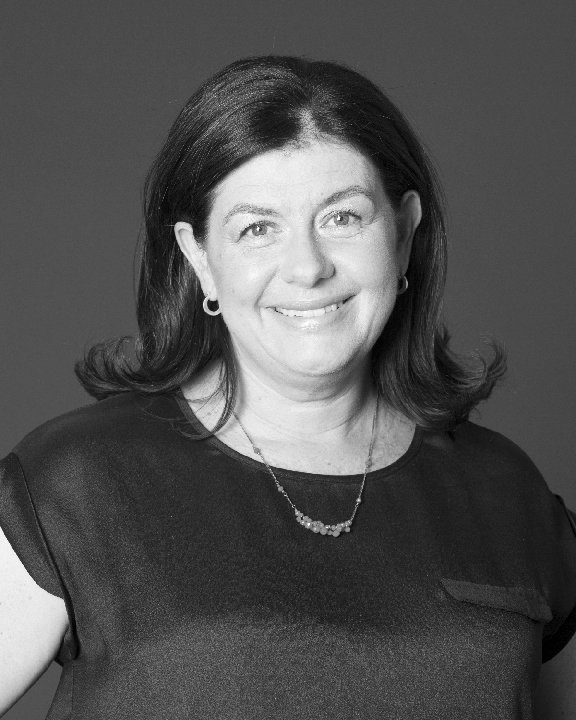Ever since I started working in book publishing 20 years ago, people have been telling me that it used to be better. Bigger sales, more critical attention in newspapers and serious journals, more support from booksellers – indeed manymore bricks and mortar bookshops – more engaged readers, maybe even better quality books too, they say. A perfect world without typos apparently.
I do believe the reminiscences I’ve heard about long boozy lunches; all my colleagues will agree that that’s a concept from another era. And there’s no doubt that the scholars, statisticians, technophiles and booklovers – in other words all of you – will tell us that the reading culture has changed. That’s not news.
What is news is the way UNSW Press has responded to constant change over 50 years, not to mention the more recent monumental changes. Its publishing division has been energetic, creative and quick-footed. Anyone who reads the history of the press will get the strong sense that we’ve always had to be hard-nosed, that there has never been room for complacency.
But what’s striking is how diverse the list is now and always has been. We’ve always published quality books that make a contribution without being dull and worthy, books that are strikingly practical (from growing ornamental plants to how to write a decent sentence), books that are quirky, books that help us to make sense of the world. We’ve published textbooks for students and professionals doing particular courses, and continue to update these.
Publishing scholarly books in a small market like Australia has always been tough, but we have renowned lists in Australian history and Indigenous studies and will continue to develop these, in many cases with external subsidies. And we’ve made sure that we unite with leading academics to publish books that work for a book trade audience; we have got very good at it in popular science, history and beyond, increasingly commissioning or signing up authors who aren’t academics.
And we’ve always taken risks: the 5-volume Flora of NSW anyone? We’ve acted to set up a literary fund to make possible a landmark and lasting book like Australian Poetry since 1788. We hope other important and ambitious books will also grow out of the fund.
Fifty years ago publishers and editors mightn’t have thought about commissioning novelists to write about their cities, which we’ve done with great success; collaborating with the department store David Jones to produce a commemorative history, which we will publish next year, might not have been on the cards; a history of World Series Cricket published to coincide with a Channel 9 TV series screening in August might have been a bit of a shock.
The fact that pretty much every book we publish in print is also published in a variety of electronic formats, some of them enhanced, and made available through many e-vendors or aggregators, would have been unthinkable. We’re even doing our first straight to ebook on the controversial subject of fracking in August, so look out for NewSouth QuickEs. And to an editor, publicist or marketing coordinator life would have seemed busy enough even 10 years ago without having to tweet about what was happening as well.
But what hasn’t changed is our desire to commission and publish good writing from people who have something to say to a broad audience who want to – or need to – read it, mainly in Australia but internationally as well. Our strong relationship with authors is legendary, as is the commitment of our publishing and marketing teams to edit, design, typeset, print, upload, publicise and promote each book we take on. We have a sales team that can only be described as indefatigable. And the whole of UNSW Press, NewSouth Publishing and NewSouth Books unites to make sure that we do the best by each and every book and author that we take on. That hasn’t changed and it won’t.
Book publishing has never been easy. But as we look forward and continue to build on the reputation of the UNSW Press and NewSouth imprints we will surely have a good deal to celebrate.
Phillipa McGuinness is the director of NewSouth Publishing.


